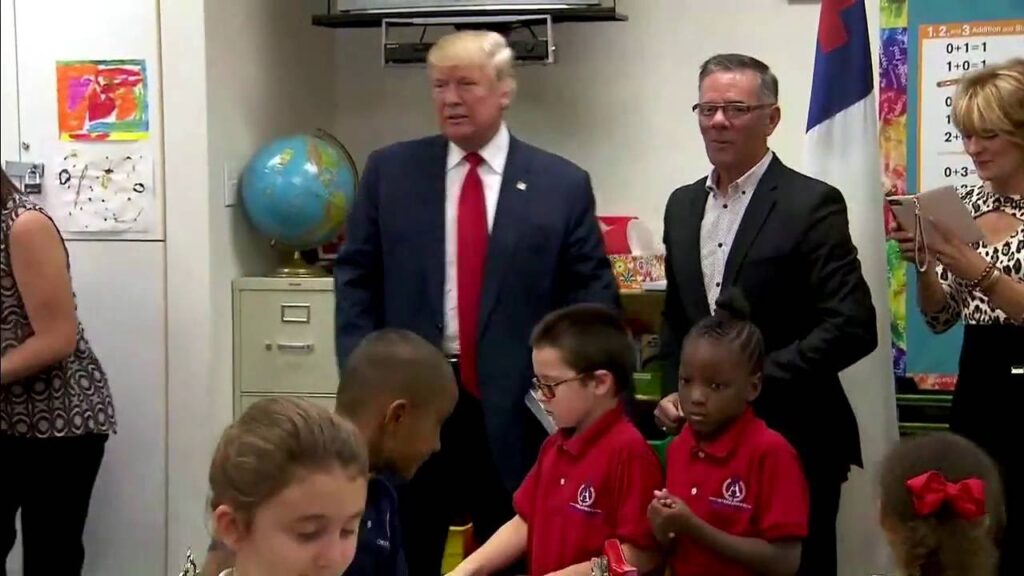A prestigious fellowship program aimed at advancing climate science in the U.S. is currently facing a crisis as funding delays have led to the furlough of several key participants. Emails obtained by our sources reveal that the National Oceanic and Atmospheric Administration (NOAA) is struggling to secure the necessary finances to support its Climate and Global Change Postdoctoral Fellowship Program, leaving researchers in limbo.
Since its establishment in 1991, this competitive program has played a critical role in funding innovative climate research by providing grants to promising scientists. However, under the current administration, constrained budgets and proposed cuts to NOAA's climate research allocations threaten the very existence of the program. According to Lilian Dove, a Brown University oceanographer and fellowship recipient, this situation not only frustrates researchers but also hinders their ongoing projects critical to understanding climate dynamics.
This year, despite completing the selection of new fellows, no offers have been made due to the precarious funding situation. As a result, ten researchers received notices of unpaid leave effective immediately, with plans extending until the end of September. Dr. Dove expressed concern over the interruption of her research exploring the Southern Ocean's role in climate change, marking a severe setback for both her academic progress and collaborative efforts with international colleagues also pursuing climate-related studies.
The collective projects of fellows encompass an impressive breadth of vital climate-related topics, including wildfires, air quality, extreme weather patterns, and more. The disruption caused by furloughs extends beyond individual researchers, creating gaps in collaboration as teams struggle to maintain momentum without their fellow counterparts. Observers emphasize the importance of maintaining support for such programs to continue groundbreaking scientific advancements necessary for addressing climate challenges.




















